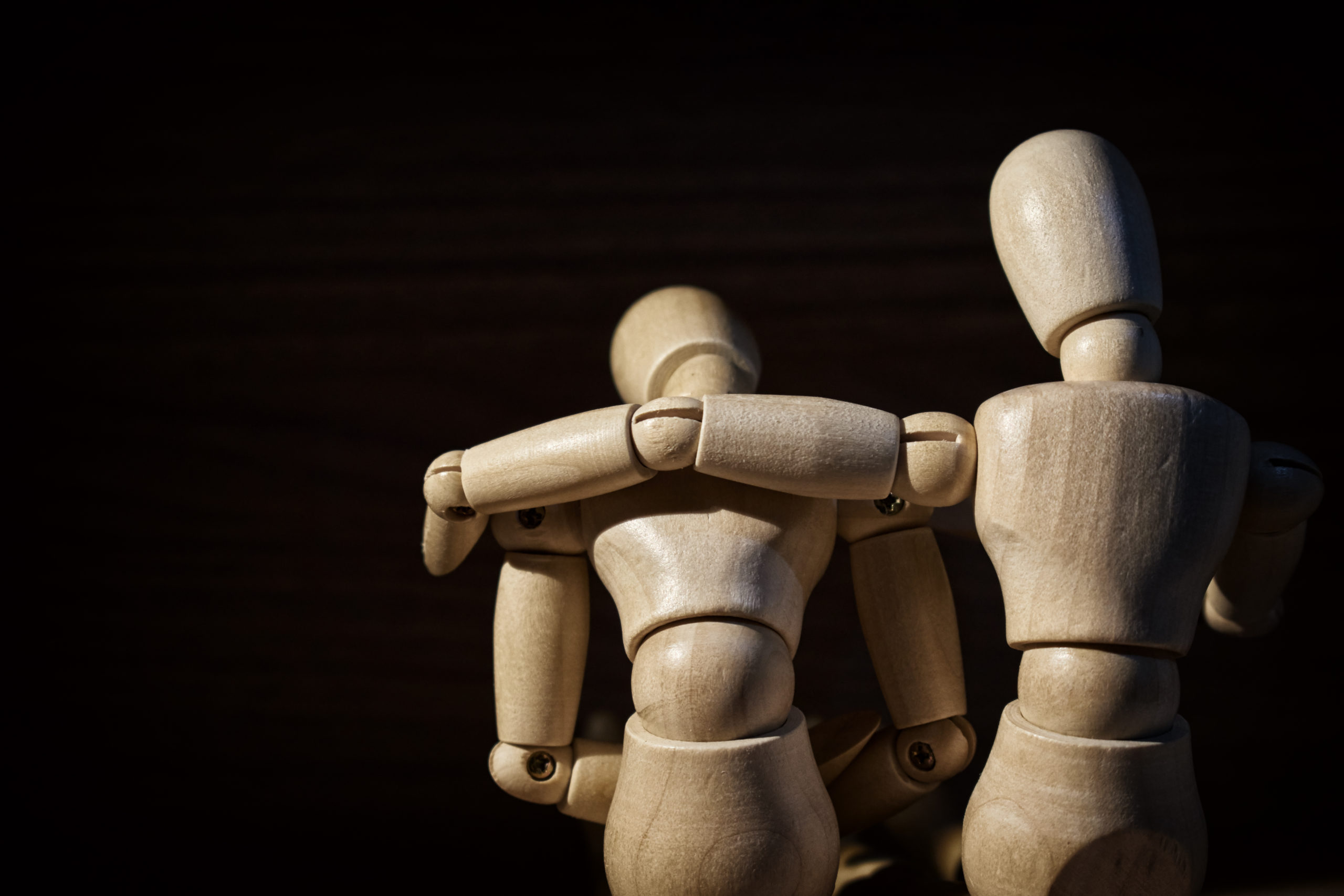In Part 2 of this 2-part series, the focus is on those who are left behind, the people who must live with a person’s suicide for the rest of their lives. As was stated in Part 1, we’re left pondering why a family member, friend, colleague, or well-known person chose death over life.
The pain of losing someone to suicide is compounded by wondering “what if we’d known soon enough … what if we’d seen the signs … what if we could have helped in some way?” Sadly, we’ll never know the answers to those questions. Somehow, though, we need to come to terms with the fact that the person committed suicide, that they’re gone forever, and that we must go on with our lives without them. Essentially, we factored in an event we had no power to avert.
Living with a person’s permanent absence in our lives either by their suicide or other circumstances is not something we’re prepared for. It’s a shock to our entire system that leaves a gaping hole in our sense of reality. It makes us question the meaning of life, question why God didn’t step in to help the person, and question whether the person who committed suicide was acting out of utter hopelessness or pure selfishness.
We also contemplate uncomfortable subjects like death and our own mortality, and whether we’ll succumb to suicidal thoughts, too. Most of us, though, continue on, somehow dealing with our struggles, disappointments, frustrations, anger, confusion, insecurities, and heartaches. But coming to terms with someone’s suicide requires more than just “coping with it.”
There are several emotional responses we need to acknowledge and face concerning suicide: loneliness, abandonment, grief, helplessness, fear, and longing.
· Loneliness – We all experience times of loneliness throughout our lives, something that occurs for any number of reasons and to varying degrees. Our own feelings of loneliness, however great or small, will often surface when we consider the feelings of loneliness the person we just lost may have experienced. That compounds the sadness we feel about the person’s suicide.
· Abandonment – We may even feel abandoned by the person who committed suicide, left to fend for ourselves in all respects. When someone purposely leaves, we may feel they’re leaving us, which will bring up feelings of rejection, that we’re not good enough or worthy, or not capable enough to sustain and support a relationship with that person.
· Grief – Losing someone suddenly to suicide can cause deep and even debilitating grief. The loss creates a hole in our hearts, our entire being. We may have regrets about our relationship with that person, the last interaction we had with them, or we could be dealing with the loss of the love of our life. Whatever the situation, the pain will be real.
· Helplessness – Suicide is a situation wherein we very possibly had no inkling concerning the person’s state of mind, they chose not to reach out to us for help, or we were unable to help them if they did reach out to us. Essentially, they rendered us powerless to avert their suicide and we’re left bereft knowing that there was nothing we could do. We may experience tremendous anger at the person, other people, and even God. Let that anger out, work with a therapist or support group to help you sort through all of your feelings and learn ways in which to resolve them.

· Fear – When a person has committed suicide, all sorts of fears can arise within us. We could begin worrying about our own thoughts of suicide, develop anxiety about other people possibly taking their lives, and, depending on our religious beliefs, fear for another’s and our own soul in eternity.
· Longing – Death elicits some of our most profound questions about life — and we long for answers that will give us solace, peace, and a sense of security.
Withholding our feelings in order to appear strong, to deflect and avoid our sorrow, or gloss over them with religious or spiritual platitudes can be just as deadly as suppressing anger over time. Letting in our feelings and expressing them appropriately is the healthiest thing we can do for ourselves and those around us. It’s not an admission of weakness, it’s recognizing our humanness, our true being, and our connection with others.
A person’s suicide will stay with us for the rest of our lives. To aid in our own healing, we need to accept that we can’t always save the ones we love and accept that we may never have the answers we seek concerning the loved one’s suicide. What is very helpful is to work with
a therapist who specializes in grief counseling and there are support groups, which help us realize we’re not alone in this shared experience.
Finally, and most importantly, forgive yourself and the person who committed suicide. It truly is not your fault. The decision they made was their own, no one else’s. And if you’re feeling shame, let that go also. The individual you lost was in deep pain and distress and felt they had no other recourse but to leave for good. Don’t judge them, just continue to love them with a compassionate heart.
One thing you can do is have a conversation with the person you’ve lost, either by writing a letter to them or sitting quietly and talking with them. Let them know how you feel, explore those feelings with them, and let yourself grieve and cry with them. This will help immensely in your process of forgiving them and yourself, letting them go, and accepting the fact that they are gone, and that you’ll never know the complete picture concerning their suicide.
Finally, celebrate the person you lost. Remember what you liked, loved, and appreciated about them. Let their passing encourage you to truly be present in your own life, to find inspiration in your being. ●
• For a complete list of suicide warning signs, go to suicide.org.


